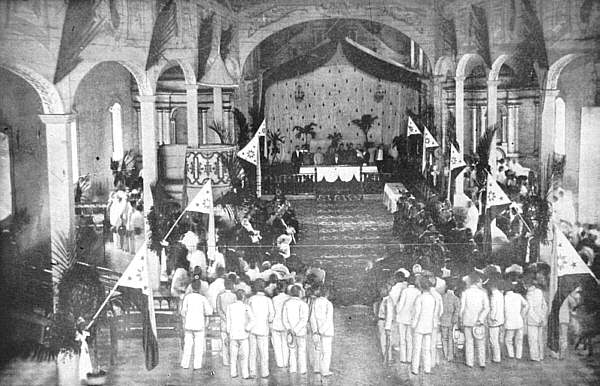|
Bulaqueño
Bulacan, officially the Province of Bulacan ( tl, Lalawigan ng Bulacan), is a province in the Philippines located in the Central Luzon region. Its capital is the city of Malolos. Bulacan was established on August 15, 1578, and part of the Metro Luzon Urban Beltway Super Region. It has 569 barangays in 20 municipalities and four component cities (Baliuag, Malolos the provincial capital, Meycauayan, and San Jose del Monte). Bulacan is located immediately north of Metro Manila. Bordering Bulacan are the provinces of Pampanga to the west, Nueva Ecija to the north, Aurora and Quezon to the east, and Metro Manila and Rizal to the south. Bulacan also lies on the north-eastern shore of Manila Bay. In the 2020 census, Bulacan had a population of 3,708,890 people, the most populous in Central Luzon and the third most populous in the Philippines, after Cebu and Cavite. Bulacan's most populated city is San Jose del Monte, the most populated municipality is Santa Maria while the least pop ... [...More Info...] [...Related Items...] OR: [Wikipedia] [Google] [Baidu] |
Bulakan, Bulacan
Bulakan, officially the Municipality of Bulakan ( tgl, Bayan ng Bulakan), is a 1st class municipality in the province of Bulacan, Philippines. According to the 2020 census, it has a population of 81,232 people. It is north of Manila. Bulakan, which is one of the oldest towns in the Philippines, became the ''encomienda'' or capital of the '' Provincia de la Pampanga'', and later became the first capital of the Province of Bulacan before it was moved to Malolos shortly after the American occupation. With regards to whether to use the letters "c" or "k" to refer to the municipality of Bulakan, the New Provincial Administrative Code of Bulacan (Ordinance no. C-004) of 2007 states on Chapter 2, Section 15 that the word "Bulakan" stands for the municipality and first capital of the province while "Bulacan" refers to the province itself. Etymology The name "Bulakan" is derived from the Tagalog word "bulak", which means "cotton". The town was named Bulacan due to the abundance of ... [...More Info...] [...Related Items...] OR: [Wikipedia] [Google] [Baidu] |

